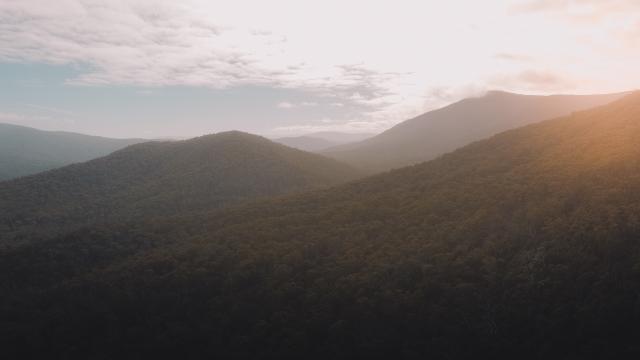Elsie Lange
Climate change, habitat loss, invasive species and resource extraction are to blame for the “poor and deteriorating” health of Australia’s environment, according to a recently-released government report, and the Macedon Ranges Sustainability Group (MRSG) wants to see action locally.
The State of the Environment report, penned by independent scientists from across the country, found “changing environmental conditions mean that many species and ecosystems are increasingly threatened”.
Authored by Professor Emma Johnstone, Dr Terri Janke and Dr Ian Cresswell, the far-reaching report states that any inability to properly manage pressures on the environment will continue species extinction and damage ecosystems, and therefore society and economy.
The report said that resourced, innovative and renewed action on the environment could “turn things around”, as the country lacked a framework to deliver “holistic” environmental management.
MRSG president David Gormley-O’Brien said while it was imperative to reduce greenhouse gas emissions to net zero by 2050, it was “not enough”.
“Closer to home, in the Macedon Ranges, we need to draw upon science, Indigenous experience, local knowledge and government resources to manage and protect our precious environment and preserve the biodiversity of animals, plants and insects which is acutely stressed and threatened by the destabilised climate,” Dr Gormley-O’Brien said.
He said the recent establishment of the Cobaw Biolink, a network of native vegetation linking Macedon Regional Park with the Cobaw Forest, was an “excellent example” of the steps that need to be taken to protect the planet.
Though it was completed by scientists last year, the report’s release was held back by the former government until after the federal election.
Environment Minister Tanya Plibersek said the report was a “shocking” document that told the story of “crisis and decline” in the country’s environment.
“And of a decade of government inaction and wilful ignorance,” she said.
The 2021 report covers 12 thematic chapters: Antarctica, Air Quality, Biodiversity, Coasts, Extreme Events, Climate, Heritage, Indigenous, Inland Water, Land, Marine and Urban.
“Indigenous knowledge and connections to Country are vital for sustainability and healing Australia,” the report said.
“Indigenous people have cared for Country across generations, yet Indigenous knowledge and world view are rarely incorporated, valued or accessed by non-Indigenous environmental management.”







